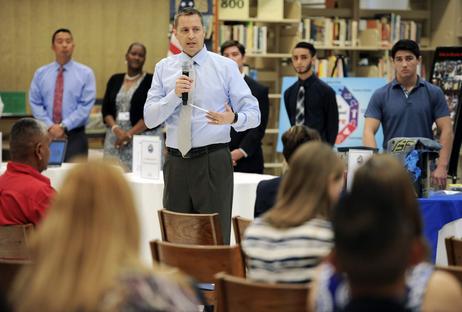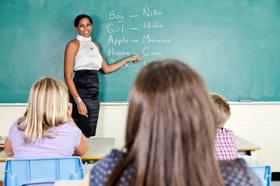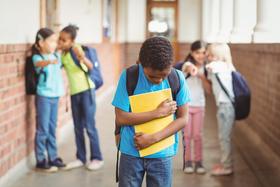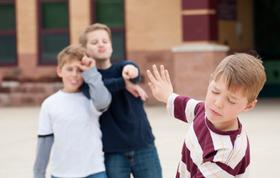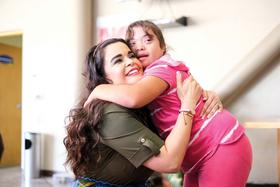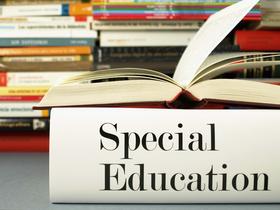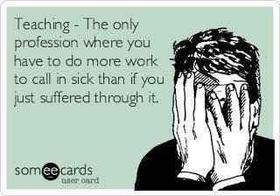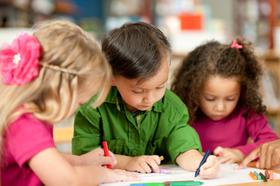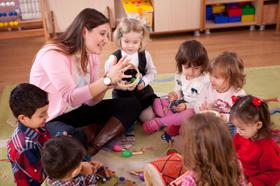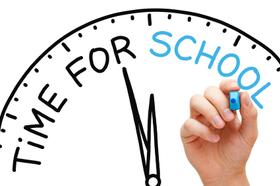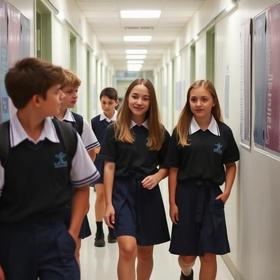The topic of sex education always sparks intense debate, and now the conversation may become even more heated. As more public schools from New York to Milwaukee contemplate providing free condoms on campus, students are caught in the crossfire of the debate.
Milwaukee Public Schools may soon join the small ranks of public school districts nationwide to provide high school students with access to free condoms. The school district's health officials cite concerns about the spread of sexually transmitted diseases as evidence of the need for a plan to make condoms accessible to students who need them. The proposed plan would allow a student to receive two condoms after a consultation with the school nurse, who would also provide the student with literature pertaining to the risks of sexual activity.
While it is not yet clear if the Milwaukee school board will approve the plan, the proposal has resurfaced a national debate over whether condoms have a place in public high schools.
The Advocates for Condom Distribution
Those who support making condoms available as part of a public high school's sex education program make several arguments:
* Condoms Needed to Prevent Spread of Sexually Transmitted Infections
In 2008, the Center for Disease Control released a study showing that one in four teenage girls in America has at least one sexually transmitted infection, and that nearly half of African-American teenage girls had at least one sexually transmitted infection. Advocates for condom distribution in public schools point these studies as



